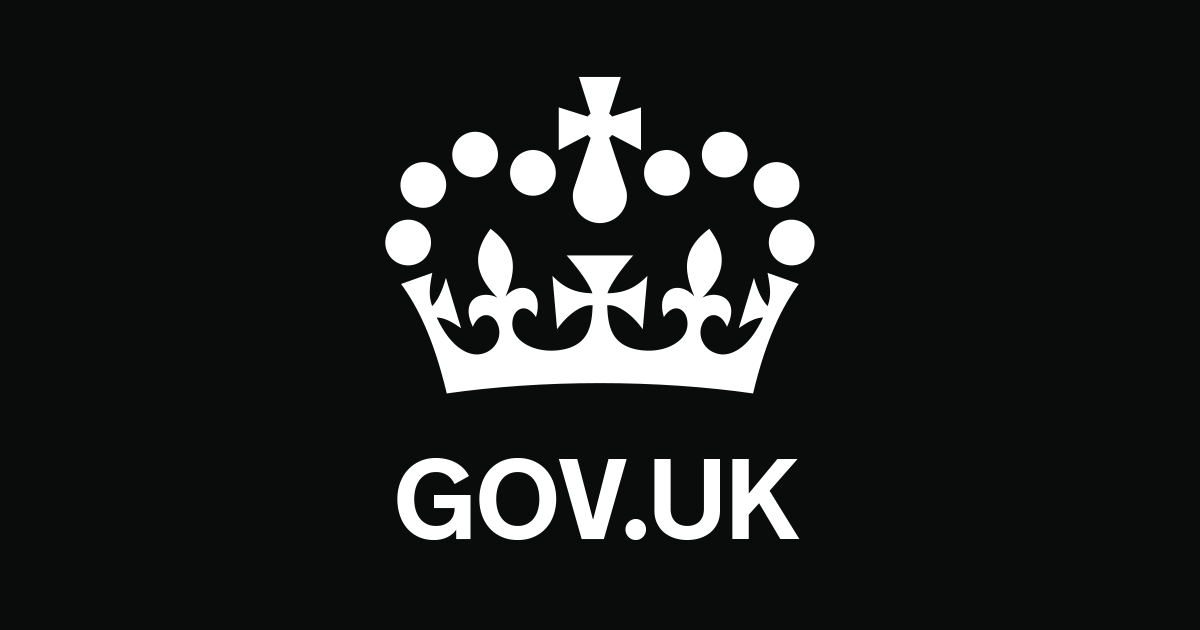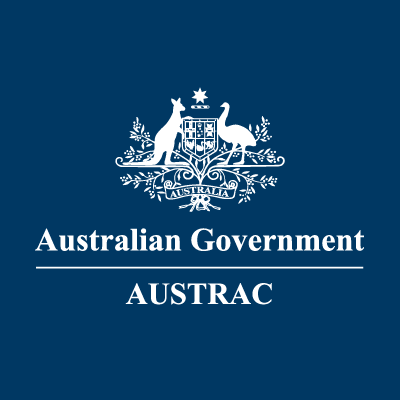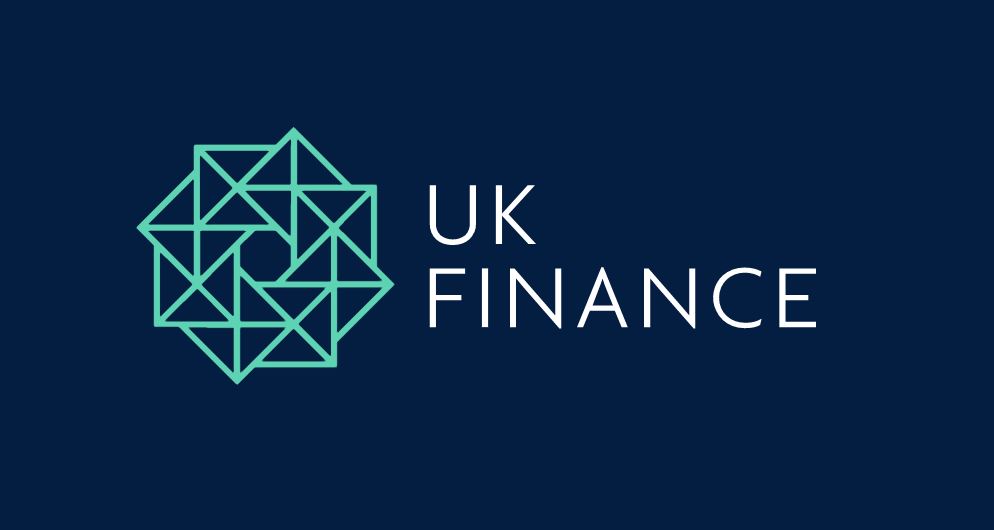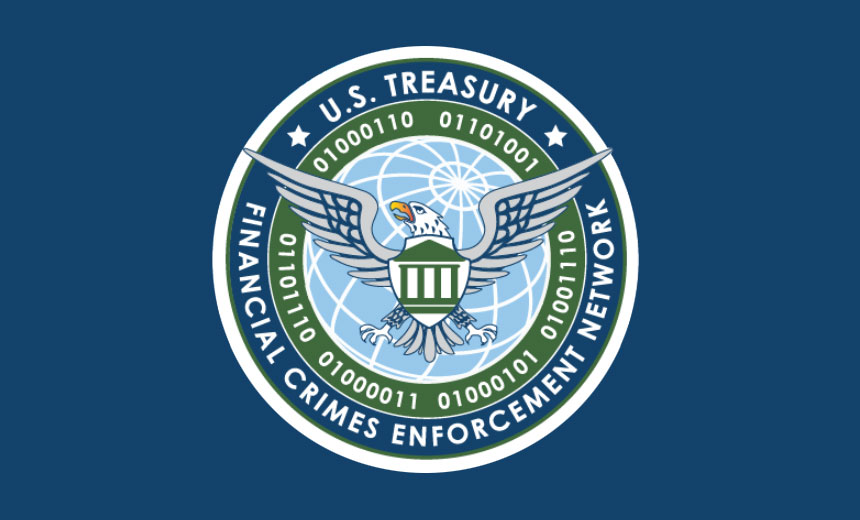UK financial regulator failed to prosecute half of money-laundering criminal probes
The UK financial regulator has discontinued half of its criminal investigations into breaches of the money laundering rules since January, and is yet to bring a single prosecution — despite a pledge to make full use of its powers. Figures released under a freedom of information request show that, in the year to date, seven out of 14 criminal investigations into contraventions of the money launderingregulations have been shut down by the Financial Conduct Authority. Five of these were “single track”, or solely criminal, probes, while the other two were “dual track” investigations that could have resulted in either criminal or civil proceedings. As a…
















